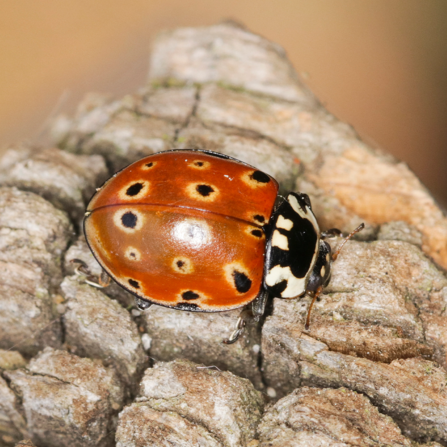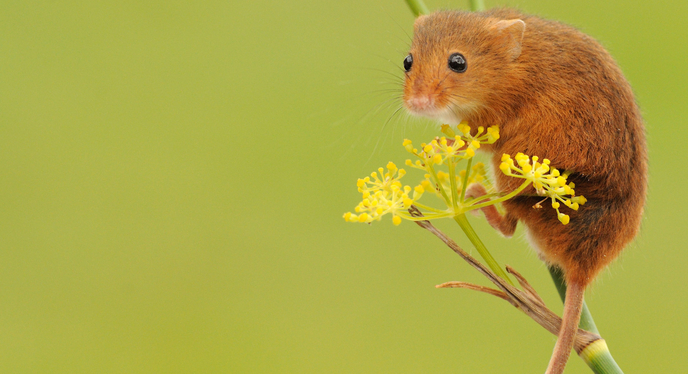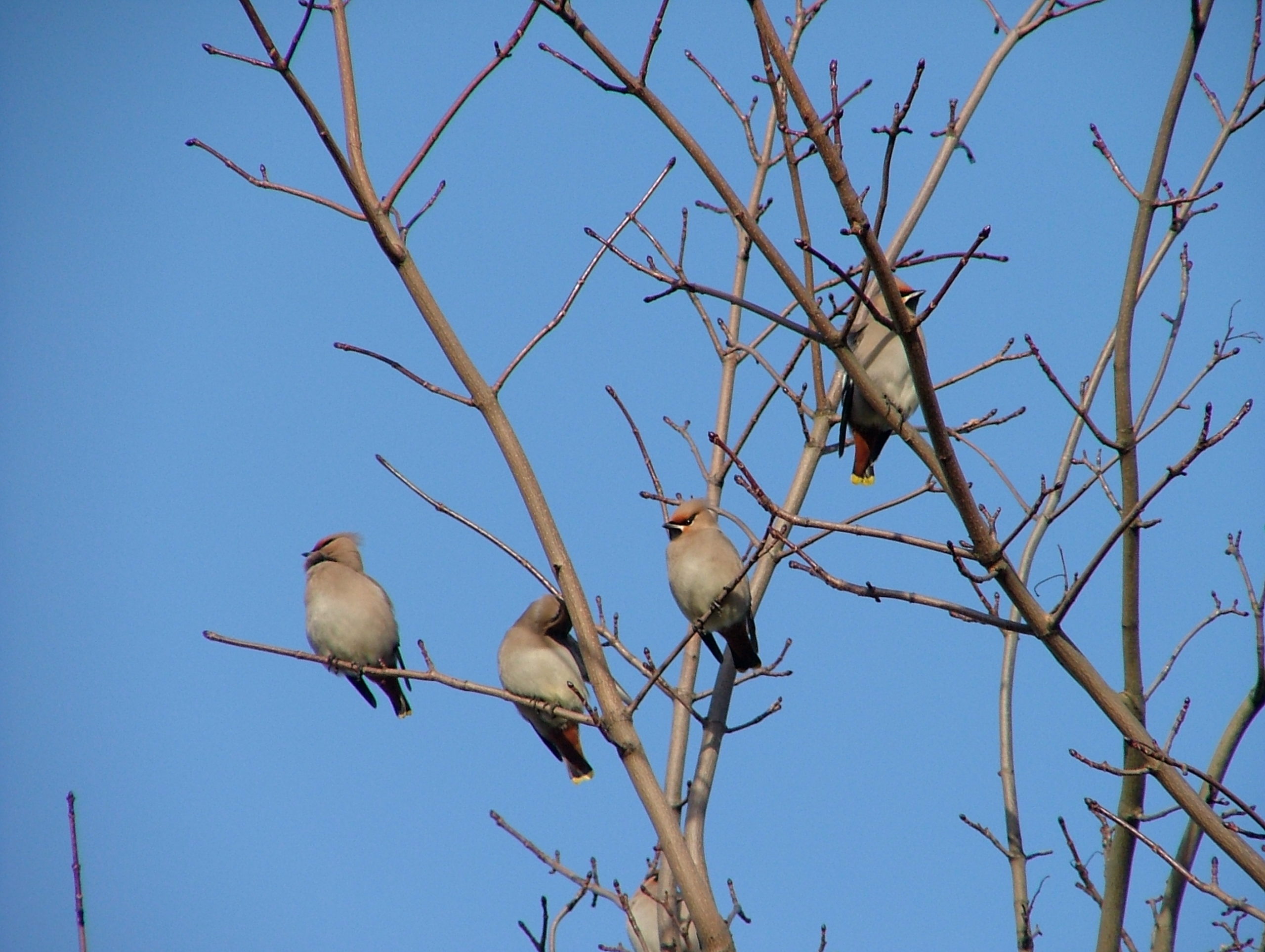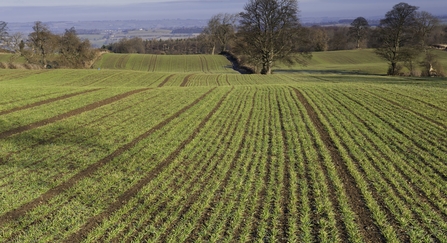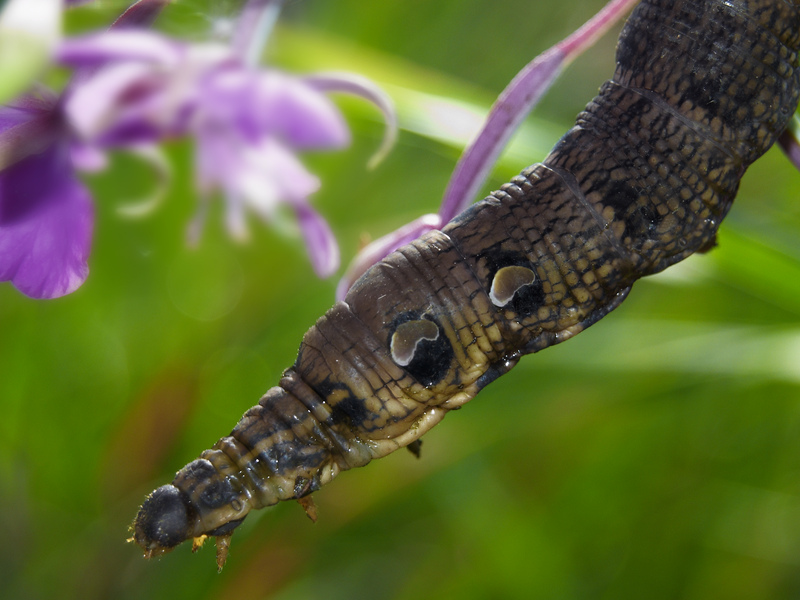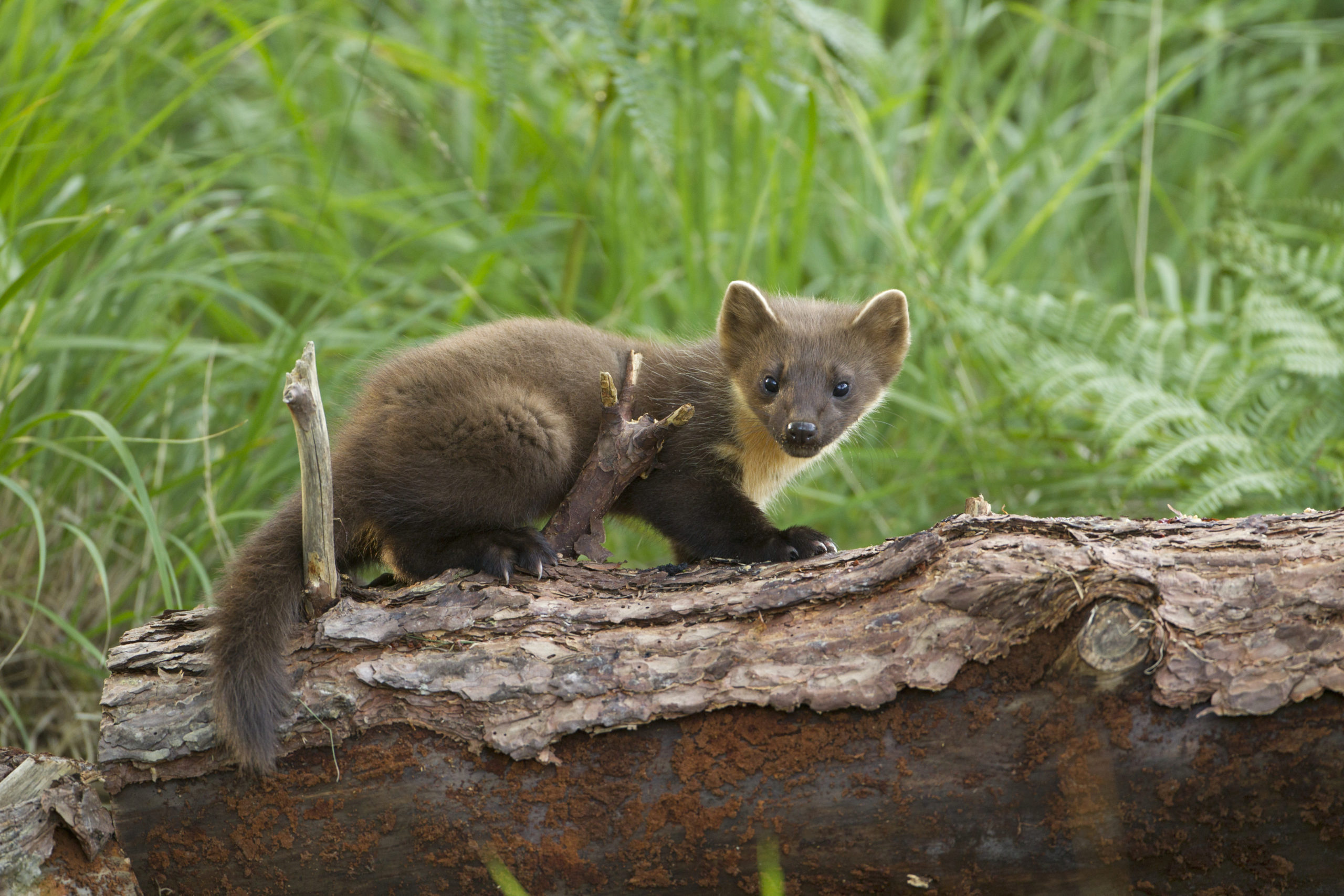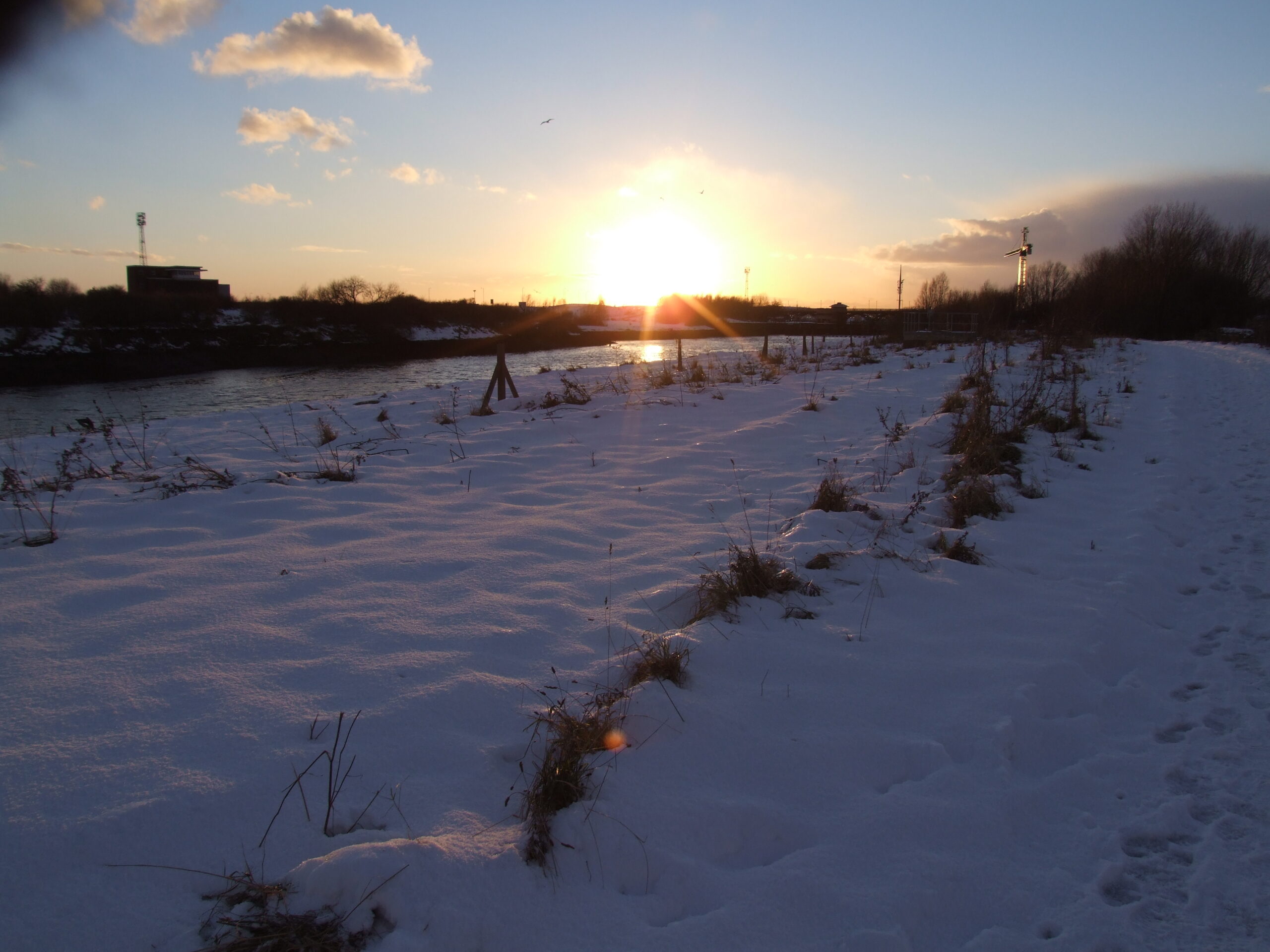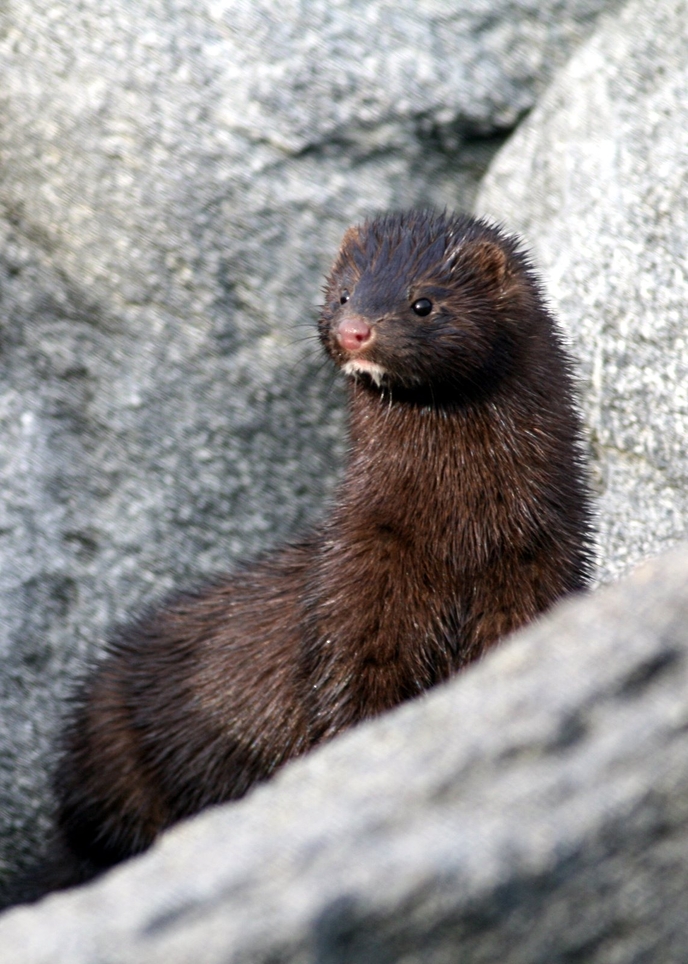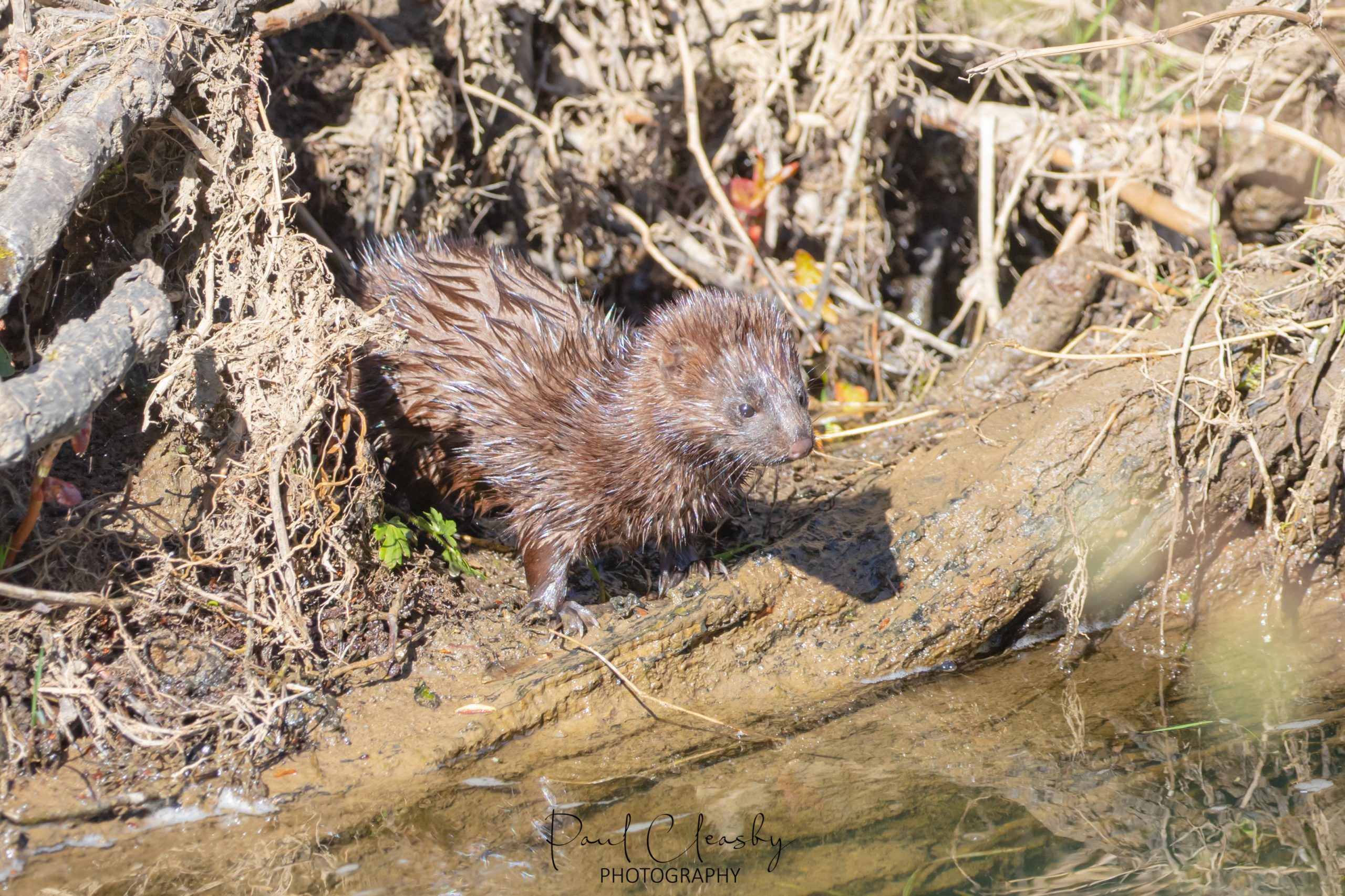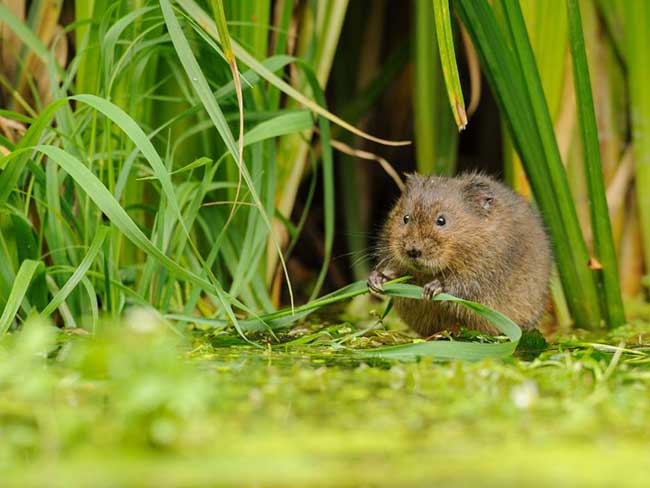A closer look at one of the UK’s most popular beetles. The variety of beetles in the UK is staggering – around 4,000 different species! They do lots of important jobs, from shifting dung to pollinating plants. Some are fast and agile hunters, others trundle along at their own pace. They can be black...
Mice to meet you!
Photo Harvest Mouse by Amy Lewis Mammal expert Stuart Edmunds introduces the four species of mice you can see in the UK. When people think of rodents, the first things that spring to mind are often negative. For millennia, humans have lived alongside rodents but often viewed them as pests, due to their habit...
Waxwing winters
Discover the bird that’s a favourite amongst birdwatchers, despite the fact that most rarely see one. It’s been a good year for Waxwings in the Tees Valley – have you seen any? Every winter, millions of birds travel to the UK to escape the harsher weather that sets in at their breeding grounds. Families...
What is regenerative farming?
Ever wondered what regenerative farming is and how it compares to other farming approaches? Vicki Hird, The Wildlife Trusts’ new strategic lead on agriculture, looks at this farming buzzword and what it means. Regenerative farming as a phrase has been used since the 1980s, but it is only in the last 10 years that...
The elephant in the room
Late summer is the best time to discover one of the UK’s chunkiest caterpillars, the Elephant Hawk-moth. Photo – Elephant Hawk moth caterpillar © Alan Price Pretty in pink Hawk-moths are arguably our most impressive moths. They’re big and often boldly patterned. You can find them drawn to lights, or sometimes stumble across them...
The woodland drummers
Headbangers Whilst some birds sing to attract a mate and intimidate their neighbours, woodpeckers take a different approach. They hammer their beak against a tree trunk at incredibly high speeds – up to 40 strikes per second for the great spotted woodpecker. There’s no denying that’s impressive! There’s been some debate about how woodpeckers...
Marvellous mustelids
Mammal expert Stuart Edmunds introduces this incredible collection of carnivores. What is a mustelid? Mustelid probably isn’t a word that most people use very often. Everyone has heard of stoats and weasels, but you might be unaware that these carnivorous animals belong to a group of mammals called the mustelids. Other members of the...
Hibernation – wildlife’s winter survival strategy
The Wildlife Trusts’ youth activism manager, Arran Wilson, draws on his background as a lecturer in zoology to explore what exactly hibernation is, and which animals rely on it to get through winter. Winter brings very different challenges to the UK’s wildlife – temperatures are lower and food is often harder to find. Many...
Polecats, Ferrets and the American Mink
One native, one feral and one invasive. Could American mink halt the expansion of polecat range? Or is hybridisation with ferrets a bigger risk to their recovery? Naturally Native Project Officer Elliot Lea takes a closer look at the status of these three mustelids. European polecats, ferrets and American mink are all members of...
Watch out… there’s mink about!
By Emily Marshall – Naturally Native Project Officer for NWT With autumn just around the corner, we are now entering the American mink dispersal season. American mink are an invasive non-native species which can decimate local water vole populations as well as being a problem for other animals like fish and ground nesting birds....
Invasive species week: Introducing the American mink
American mink are non-native species that pose a threat to water voles in our region. But what can we do to help restore ‘Ratty’ to North East waterways? If you have ever found yourself thinking, “There really ought to be a week to raise awareness about invasive species”, you will be pleased to hear...
Naturally Native Monthly Blog
Habitat Fragmentation In last month’s blog we wrote about the power of slowing down and observing nature in your local green space, and the benefit that this can have on your emotional connection with the world around you. We hope you’ve managed to find a minute to stand still in your local park; to...
